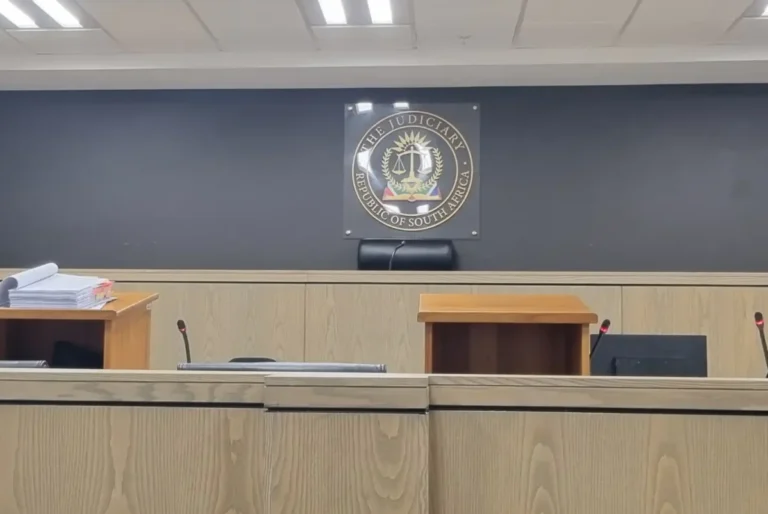
Pretoria – A husband who fell into arrears with his maintenance payments to his estranged wife and simply ignored orders for him to pay-up, will have to spend several weekends in jail.
The Gauteng High Court, Johannesburg, sentenced the man to 14 days’ imprisonment.
The man argued that his financially struggling company would suffer even more losses if he had to spend time in jail, away from work.
But Acting Judge Sarita Liebenberg said it was no problem, she would order that he only spend weekends in jail so that he would be back at work during the week.
The judge sentenced him to periodic imprisonment for 14 days and recommended to the Department of Correctional Services that the sentence be served on consecutive weekends, from Fridays starting at three in the afternoon to Sundays until three in the afternoon.
The parties, married in community of property, are in the throes of what appears to be unnecessarily drawn-out divorce litigation, the judge commented. Divorce proceedings were instituted five years ago and are still ongoing.
The wife earlier successfully approached the court for the husband to pay interim maintenance to her, pending the finalisation of the divorce. He was also ordered to pay an initial contribution towards her legal costs.
The husband simply ignored this order, and subsequently fell into arrears amounting to more than R100 000.
Fed-up with this, the wife obtained an order holding her estranged husband in contempt of court.
The husband was given a lifeline in June when the court sentenced him to 14 days in jail, but suspended the order if he paid the outstanding maintenance within 30 days.
While the husband did pay some of the arrears when he realised jail time was hanging over his head, he still short-changed his wife regarding the maintenance.
According to the husband, the Covid-19 pandemic had decimated his business.
While he did present financial statements to court, the judge said she was not satisfied that the outdated statements alone assist the husband’s case for leniency.
She pointed out that the husband was able to fulfil some of the conditions of the suspended sentence, including the late payment of the maintenance arrears due, an amount equal to more than 14 months of cash maintenance payable.
“Unfortunately, the respondent’s (husband) explanation of how he funded the (late) payment does not redound to his credit. Instead, it tends to support the applicant’s (wife) complaints that he is denuding the joint estate.”
The husband paid the arrears maintenance due from the proceeds of a retirement investment policy, which matured during July.
He explained that he took one-third of the proceeds – R400 000 – in cash, and the remaining two-thirds – R800 000.00 – were invested in what is called a “living annuity”.
This is a financial product that, in return for a cash payment, entitles the husband to periodic payments for so long as he remains alive.
Of the amount of R400 000 credited to his banking account, he paid the wife R130 556.50. This was done as the suspended sentence was hanging over his head. He did this by using money from their joint estate.
“Repeated disobedience cannot be countenanced, as it is an affront not only to the applicant but also to the court,” the judge said.
In pleading for his liberty, the husband’s lawyer said the court should rather impose a fine on the husband. As a last resort, the lawyer said, if he had to serve time, it should be done over weekends in the holding cells of a police station.
Judge Liebenberg turned down both ideas as she said the suggestion of a fine loses sight of the respondent’s pleas of poverty.
She also said she could not accede to the invitation to order the husband to be held in the holding cells of a local SAPS station. – Pretoria News